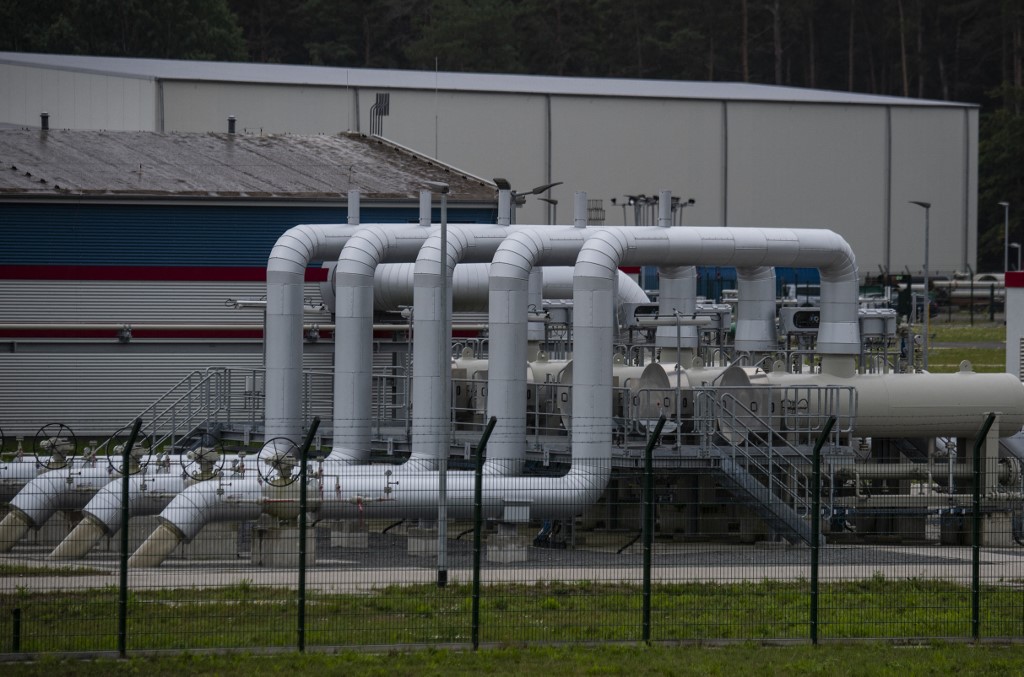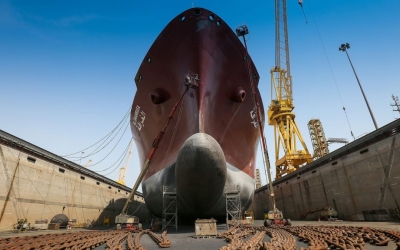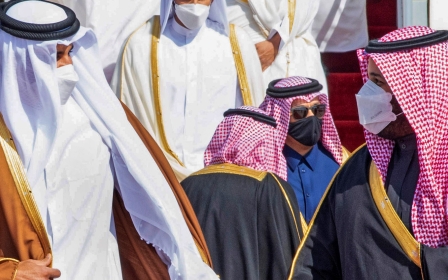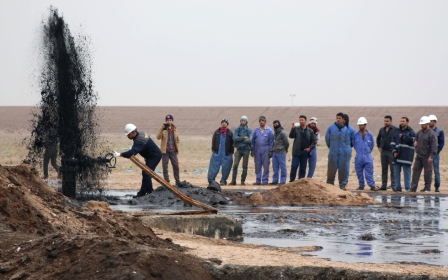Ukraine conflict: Could Qatar's gas bail out Europe?
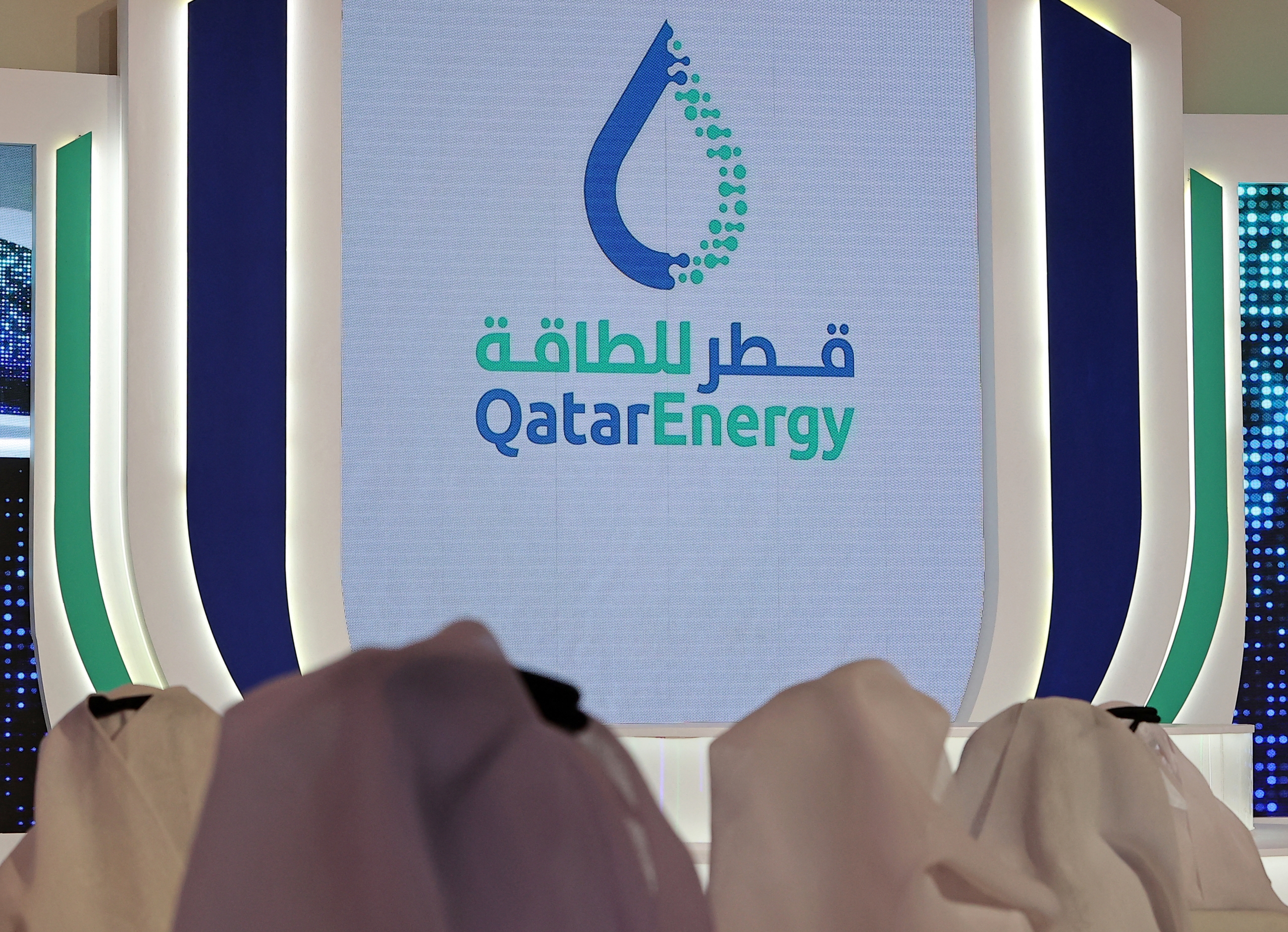
Europe is at the brink of war in Ukraine. A continent overly dependent on Russian energy finds it challenging to develop a coherent response to Russian aggression. Meanwhile, reports emerged this week that the Biden administration had reached out to Qatar, the world’s largest liquified natural gas (LNG) producer, to ask whether it might step in to bail out a continent already in an energy crunch.
As a small state in an unstable environment, Qatar is trying to create interdependencies that ultimately provide it with security
The fear in Washington is that with an escalation in Ukraine, sanctions against Moscow would hit countries such as Germany, Italy or Poland, even if Russia decided not to use gas exports as a lever of geopolitical power. Considering Qatar’s expansion of its already massive LNG capabilities in the coming years, the small emirate could become a more reliable energy supplier for Europe, with fewer strings attached.
Europe’s demand for gas imports is likely going to increase. Natural gas is seen as a viable transition fuel with a lower carbon footprint than oil or coal, helping Europeans to lower their emissions en route to meeting their short-term climate goals. At the same time, local gas fields in the Netherlands and Norway are levelling off or declining, meaning that even more gas will have to be added to the mix externally.
More than 30 percent of the EU’s imported gas already comes from Russia, with Germany, Moscow’s most dependent customer, importing 40 percent of its gas from there - a share that could increase amid Germany’s plan to bring Gazprom’s controversial Nord Stream 2 pipeline online.
Geopolitical dilemmas
New MEE newsletter: Jerusalem Dispatch
Sign up to get the latest insights and analysis on Israel-Palestine, alongside Turkey Unpacked and other MEE newsletters
Energy aside, these dependencies create geopolitical dilemmas in Europe and test the cohesion of the continent’s approach towards Russia’s ongoing breaches of international law in Ukraine, human rights abuses against activists in Russia, and large-scale information operations against European civil society.
The lever of energy has become another tool for Moscow to play hardball and undermine collective action in Europe, as Germany in particular appears to be deviating from a united transatlantic approach.
Meanwhile, as countries such as Germany are on Russia’s pipeline drip, others - such as the UK and Spain - have diversified their energy mix by relying increasingly on LNG imported from Qatar or North America. LNG provides degrees of flexibility as it is transported by tankers which, unlike natural gas that is transported via pipelines, can be redirected to diversify imports and respond to supply slumps.
And while the LNG market has become a lot more competitive, with more suppliers coming online, the small emirate of Qatar remains the leading global powerhouse in the LNG sector.
Qatar revealed plans last year to maintain its pole position in the industry by expanding its production capacity by around 60 percent by 2027. From its current output of 77 million tonnes per year (mtpa), Doha said it aims to reach 126 mtpa in the coming five years. This would leave around 75 mtpa of LNG uncontracted to be sold to new or existing clients, strengthening Qatar’s energy lever of power.
To put this into context, 75 million tons are equivalent to nearly 100 billion cubic metres (bcm) of gas - impressive when bearing in mind that the collective LNG capacity of Europe is currently somewhere in the region of 240 bcm per year.
Soft-power lever
Unlike Russia, Qatar has not used its energy lever for hard-power politics. On the contrary, Qatar has invested in reliable long-term contracts, offering predictability and sustainability away from the volatility of fluctuating market prices.
In a humanitarian gesture, Doha supplied Japan with an additional four million tonnes of LNG in the aftermath of the tsunami that knocked out several nuclear reactors in 2011. And in late 2021, Qatar redirected four LNG tankers to post-Brexit Britain to soften the impact of the energy crisis caused by a post-Covid-19 global economic recovery.
For Qatar, the energy lever is a means of soft power. It fits nicely into its existing soft power portfolio as a regional arbiter and broker of peace. As a small state in an unstable environment, Qatar is trying to create interdependencies that ultimately provide it with security. Thus, unlike Russia, it is not interested in exploiting dependencies unilaterally in hard-power politics.
On the contrary, Qatar does not politicise its energy supplies. During the blockade imposed against Doha by Saudi Arabia, the UAE and other neighbours between 2017 and 2021, Qatar remained committed to keeping the Dolphin pipeline operational, feeding Abu Dhabi and Dubai with vital gas supplies.
With Europe now in the midst of an energy crisis that has seen gas prices soar five-fold year on year, it is time for European partners to expand the continent’s LNG infrastructure as a first step towards softening the pipeline addiction. While Qatar may be happy in principle to support its western partners in case of war in Ukraine, European partners should seize the opportunities provided by the Gulf state to diversify the continent’s energy strategy.
The views expressed in this article belong to the author and do not necessarily reflect the editorial policy of Middle East Eye.
This article is available in French on Middle East Eye French edition.
Middle East Eye delivers independent and unrivalled coverage and analysis of the Middle East, North Africa and beyond. To learn more about republishing this content and the associated fees, please fill out this form. More about MEE can be found here.



